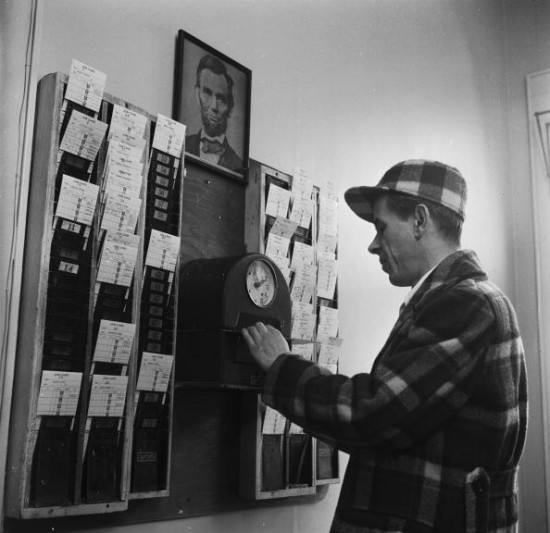There are basically three kinds of activities that you can choose to spend your time on:
- Golden – meaning activities that improve you
- Wooden – meaning activities that have no apparent effect on you
- Poisonous – meaning activities that diminish you in some way
With a Golden activity, you’re working well on something you value. Something you are proud of and would do for free (or even pay to do). This is indubitably the best way to spend your time.
With a Wooden activity, you’re doing something that simply amuses you. Something like playing video games or watching mindless movies or playing golf. You’re not causing harm, but you’re not doing anything constructive either. You are simply wasting time.
With a Poisonous activity, you’re doing something that that causes permanent damage to yourself or others. Like using mind-numbing drugs or acting on jealousy or hate. This is the absolute worst way to spend your time.
Smartphone activities can fit into any one of these three categories. Yes, your phone can be a tool for serious (Golden) research or learning languages or having meaningful conversations. But it can also be a tool for (Poisonous) bullying. The medium is the message (as what’s-his-name famously said). And for most people, most of the time, the addictive (Wooden) message of the smartphone is: “I will make your time disappear.”
Here is a funny clip that explains what I’m talking about:
https://biggeekdad.com/2017/07/how-to-be-addicted-to-your-phone/#.WXoN7Nt-c-U.email
That’s why I pay close attention to what I do on my phone and how much time I spend doing it.
My most common phone activities are:
- Reading email
- Reading news
- Listening to informative material (TED Talks, podcasts)
- Researching facts
- Playing solitaire or brain games
- Watching stupid videos that people have forwarded to me
- Communicating with friends and family
Numbers 3, 4, and 7 are generally Golden activities. Numbers 1, 2, 5, and 6 are Wooden activities.
In my case, email – because I get and send so much of it – is the biggest offender. It’s almost always busywork or other people trying to persuade me to do their work for them. So, to limit its Wooden effect on my time, I’ve established some rules for myself:
- I don’t check my email until a set time in the afternoon.
- I’ve disabled the “new email” notification on my phone.
- I’ve set up an automatic reply that lets senders know that they won’t hear from me until later in the day.
Your goal should be to limit all activities that are Wooden. (And, of course, completely eliminate any that could be Poisonous.) Because Wooden activities tend to be such a pleasant way to spend time, that can be easier said than done.
The first step is to identify those time-wasters on your phone. Once you’ve done that, you’ll be able to start coming up with your own self-imposed rules.

